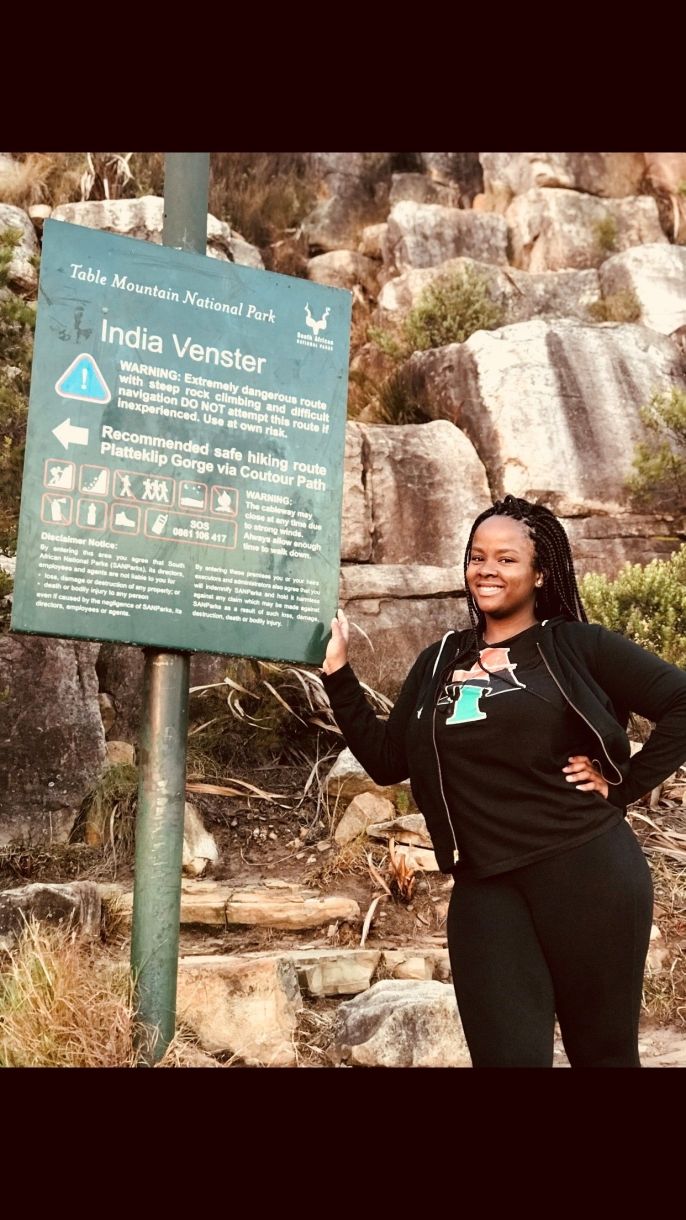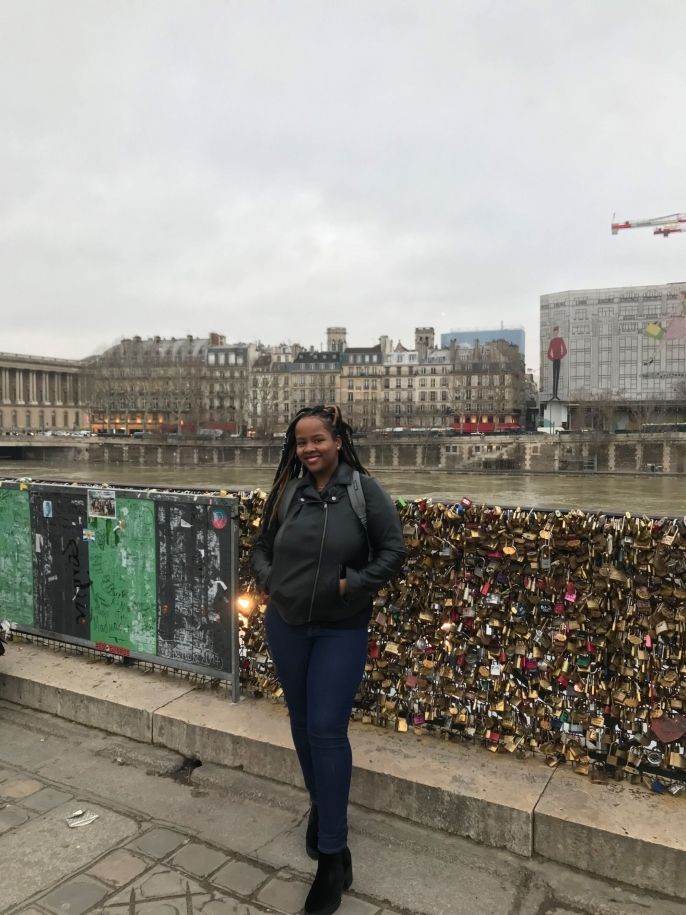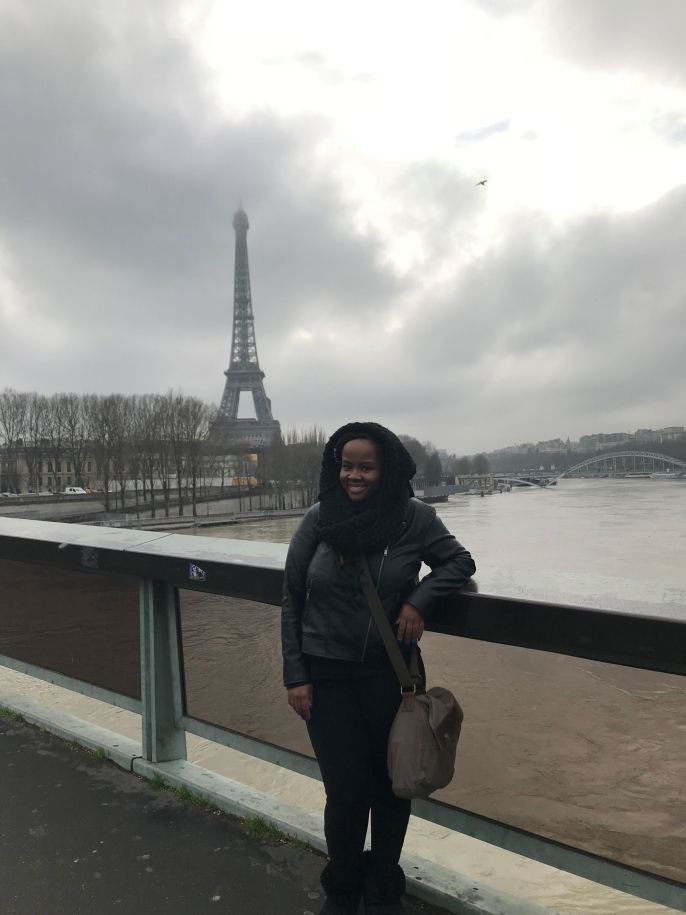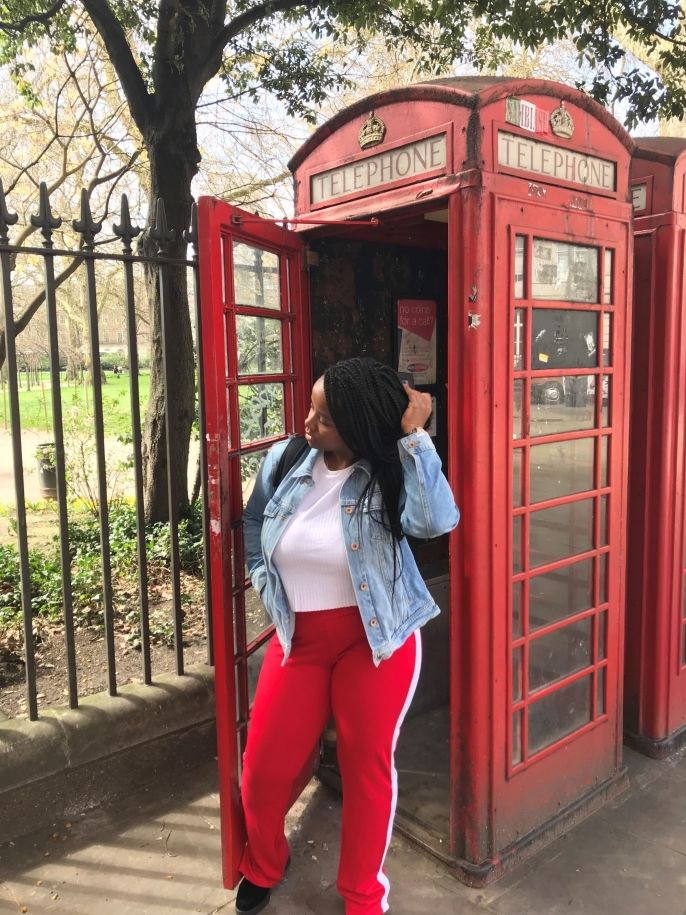Being Black and Abroad
It is said that the number of minority students who study abroad is slim to none. I’ve experienced this first hand in over 13 countries during my time abroad.
My experience as a CIEE sponsored Nelson Mandela Global Scholar has been astonishing. My unique Open Campus program allowed me to study in Paris, Cape Town and London. Each country offered novel experiences and opportunities.
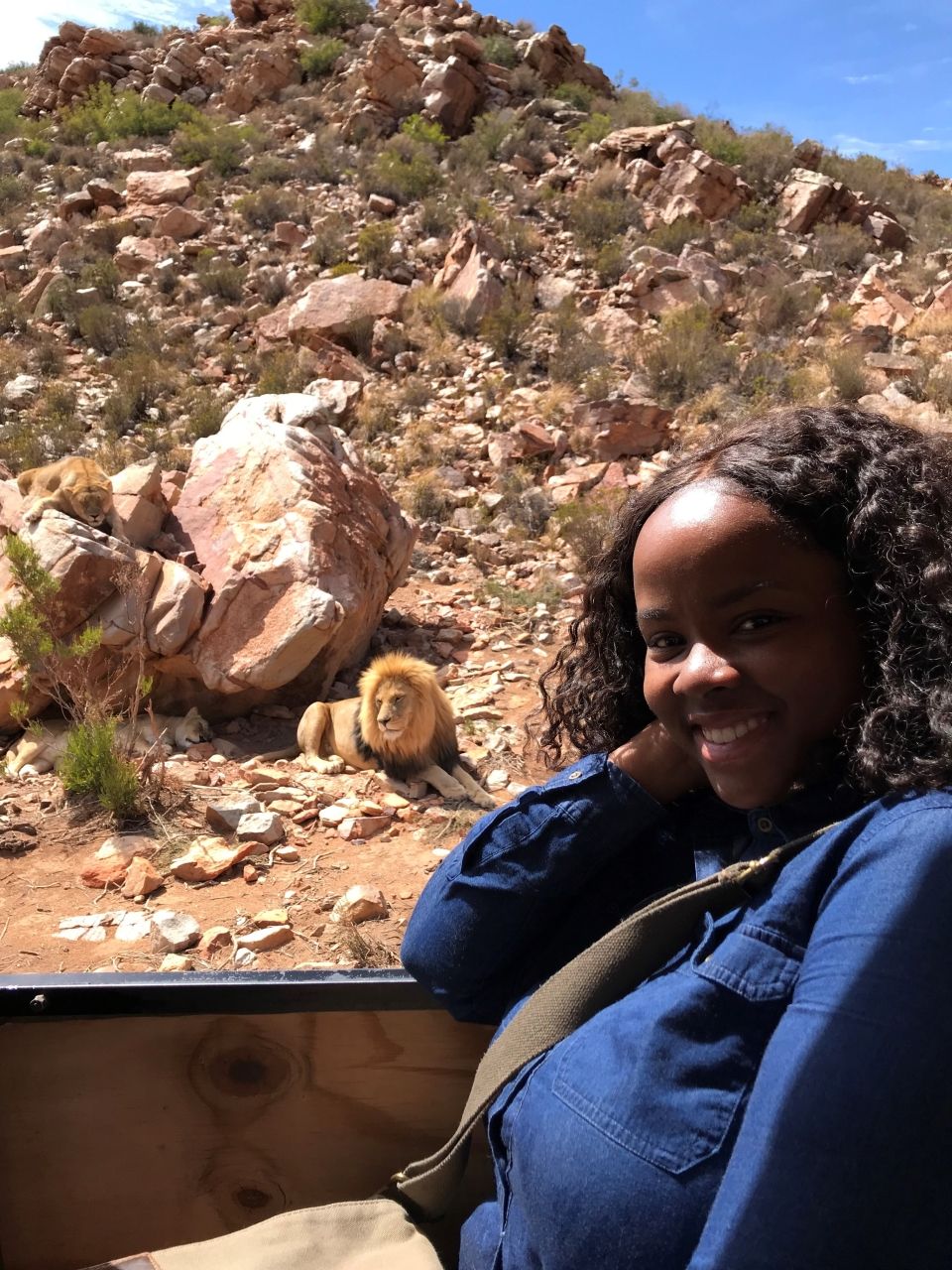
Although I met people from all walks of life, one thing remained the same: no one looked like me. Few were females, few were black and even fewer were black females. Why is this? Is it because we don’t want to? Are we scared? Or is it just that we think we can’t travel? I have proven all of these assumptions wrong by studying and traveling abroad. After talking to black students and faculty in my study locations, the answers all remain around my assumptions.
Despite this, I found many positives in my experience. I enjoyed the food and excursions, both native and familiar to what I have at home. This balance allowed me to learn and live in new cultures while keeping homesickness at bay. My trip to Paris was my first time visiting Europe and boy was it a culture shock! From the language, food and overall culture, Paris took time to get used to.
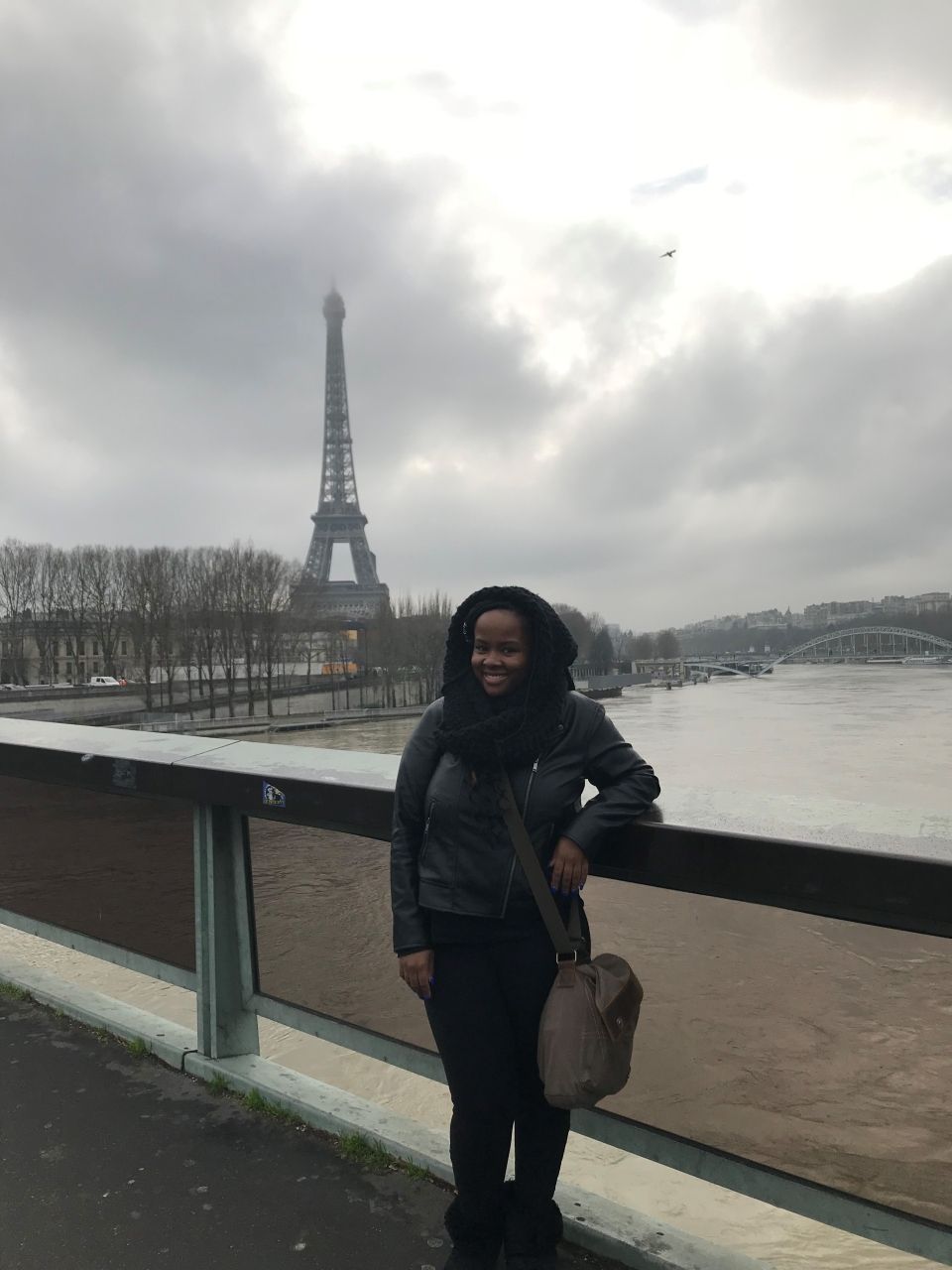
Unexpectedly yet fortunately, Paris had a large African presence resulting from the diaspora given the country’s proximity to the African continent. Although many people looked like me, I realized that they were not like me. They were not “African-Americans” and identified differently. The only part that may be similar is our ancestry.
“Could you classify yourself as a ‘Black American?’ No, not at all.” I received this question in England and, surprisingly, South Africa. This distinction could not be ascertained from our appearance. It was when my friends and I spoke that we were quickly labeled as Americans. We were immediately questioned regarding our political beliefs, economic inclinations and reasons for studying abroad in South Africa. Many times, people were quite thrilled to meet black Americans, especially educated black women. Other times, we would hear comments like “you left your brothers and sisters to suffer and die because you went to live with the white man.” We found these taunts to be quite strange.
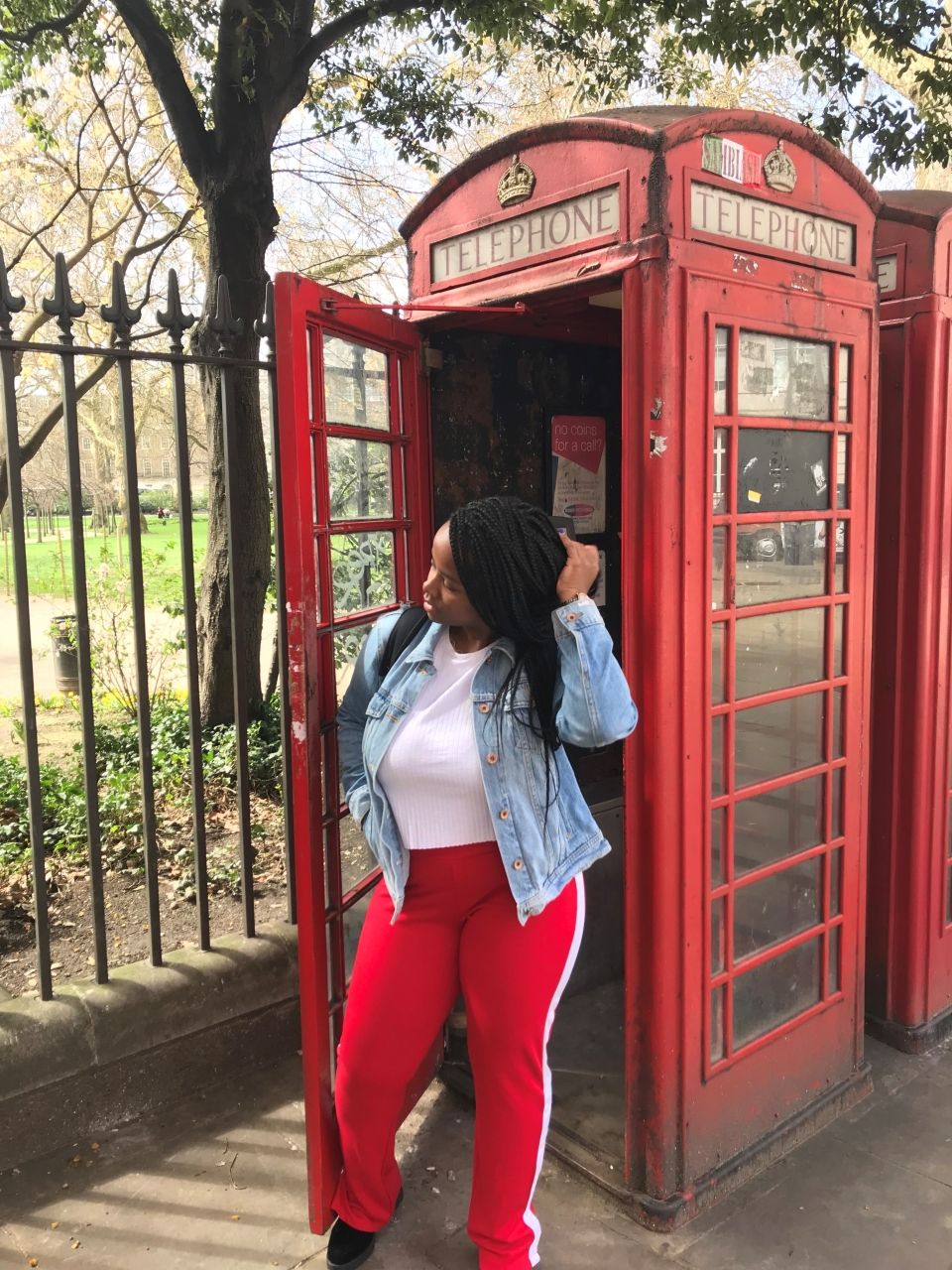
Due to years of social disparities resulting from the apartheid era, many who looked like me left South Africa. Myself and my peers were not categorized or judged by how we looked, rather we were separated by where we came from. We soon learned that certain words which are viral back home, words like the “N” word, are viral and greatly used in South African pop culture as well. I was quite surprised to hear the latest Billboard 100 songs being sung by children of all ages as I walked through remote townships.
All of my experiences came to a head when we visited a township in Soweto. Upon arrival, we were warned that the little babies who are considered our brothers and sisters would not pay us any mind. When we arrived with white people, they would run and play with them, not believing them to be the “enemy” because they are visiting their home township. None of us were able to comment on the situation and instead our conversations strayed from the present reality.
As I continued to travel alone and with company, I always kept in mind that I was not only an American, but a black female at a pivotal time in politics. Many people in other countries could prey on such vulnerability. I soon learned that the leap of faith I took to study abroad would inspire others of my age, gender, and race to follow in my footsteps.
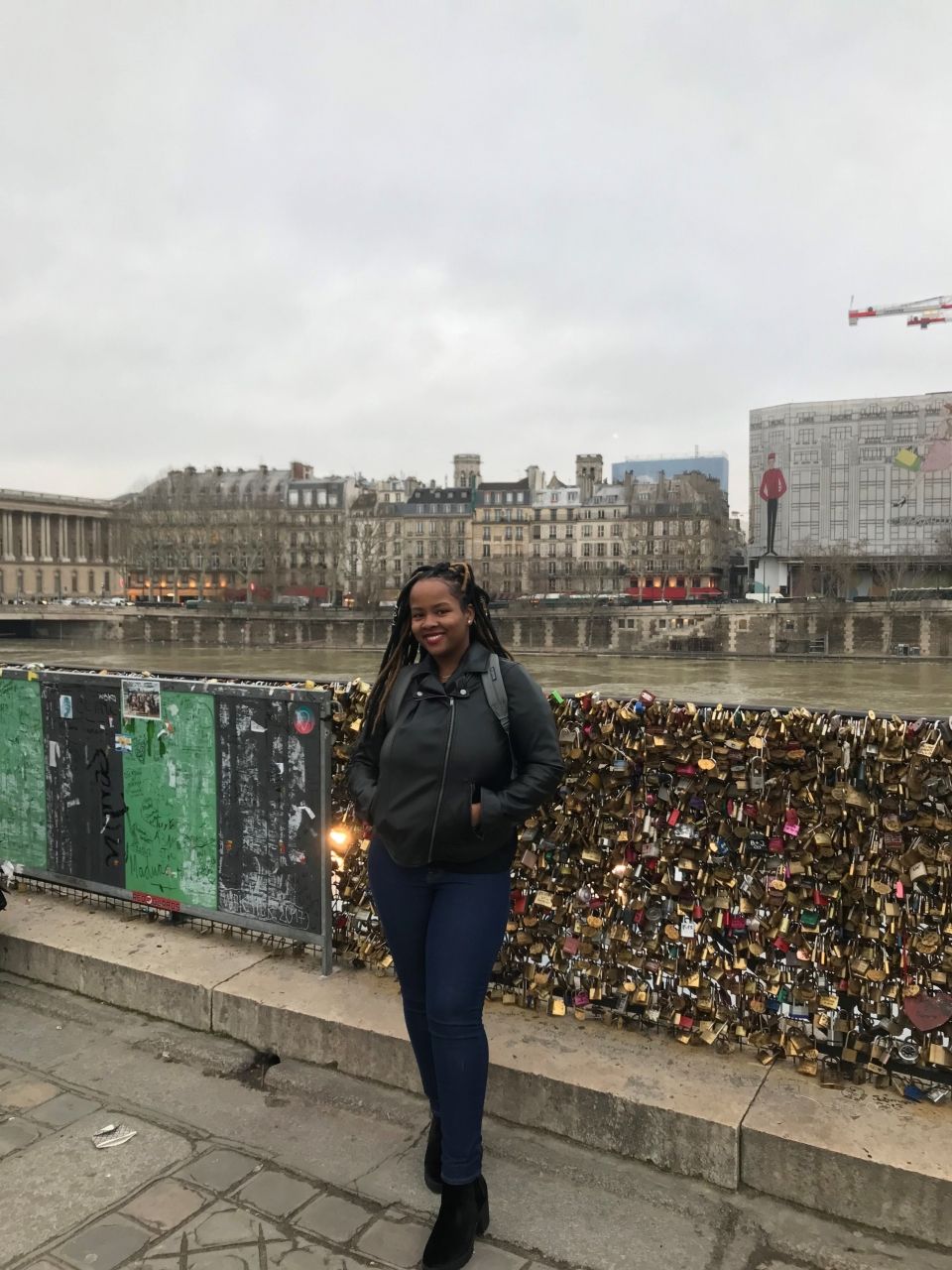
This blog was written by Denver Lark who is a Journalism major at North Carolina A&T University.
Related Posts

CIEE Study Abroad Housing Options: Everything You Need to Know
If you’re considering a study abroad program, it’s likely that you’re also thinking about your housing options! While you’re anticipating exciting courses and foreign country exploration, having a better understanding... keep reading

Eat, Drink, Explore: London
BEST FOOD TO EAT IN LONDON While the exact location of the first fish and chip shop remains unclear, the earliest known shops opened in England in the 1860s, courtesy... keep reading

10 Best Study Abroad Programs in Europe for Spring 2026
Dreaming of a European adventure? Start here with 10 of the best 2026 spring study abroad programs in Europe. Explore your options, pick your favorite, and get ready for an... keep reading
